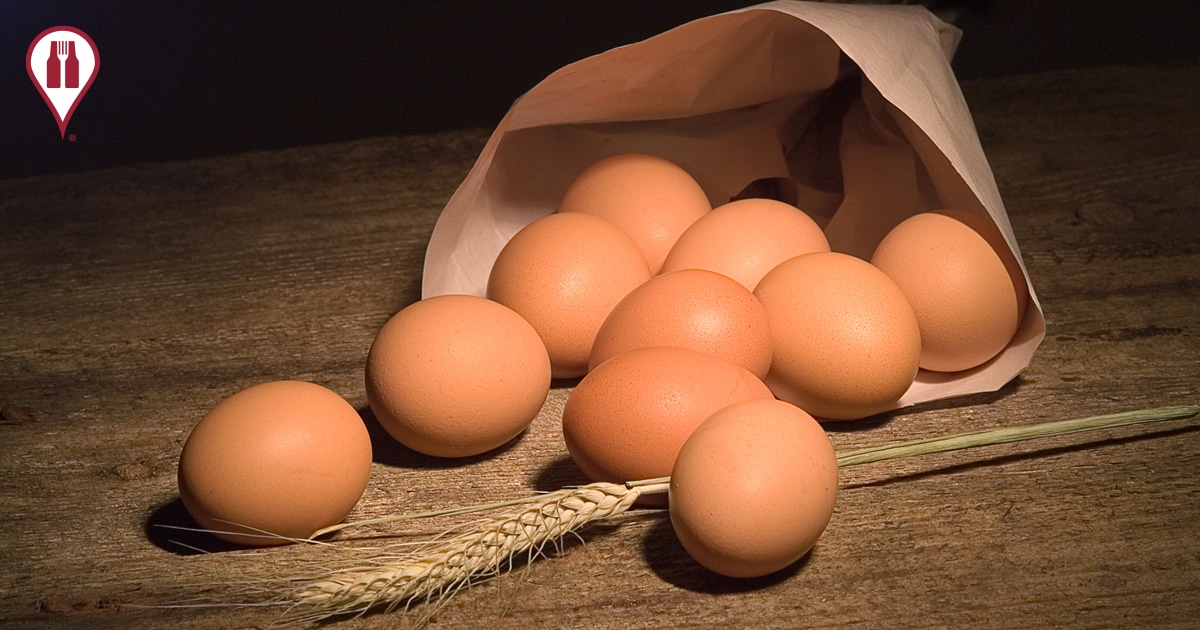Chicken eggs are one of the most universal foods around. You can find them everywhere all over the country: in grocery stores, gas stations, convenience stores, and on almost every restaurant menu.
They can be eaten alone or as part of a meal, and are a primary ingredient in many recipes. Why are chicken eggs such a mainstay in American and world culture? There are lots of reasons. They are delicious and nutritious. They are easy to prepare, affordable, and readily available. They are extremely versatile. And they’re more convenient and practical than many other birds’ eggs.
Everyone knows that eggs taste good and are (mostly) good for you. While experts are still debating the amount, type, and effect of cholesterol and fat found in egg yolks, there is little argument that eggs are a great source of protein. They are also one of the only foods that naturally contain Vitamin D. While they do contain fat and cholesterol, many argue that they provide good cholesterol. Eggs are a great source of Omega 3 fatty acids which are thought to provide lots of health benefits including lowering blood pressure, helping brain function, and reducing inflammation.
There are so many different ways to prepare eggs that it almost boggles the mind! Frying and poaching are two popular preparations. Scrambled eggs are possibly the most popular and the easiest to make – they’re often the first dish a child learns to cook. Eggs can also be made into omelets, stratas, quiches, and frittatas, to name just a few. Eggs are a key ingredient in cookies, cakes, and brownies. They are THE great emulsifier and are a necessity for mayonnaise and many salad dressings.
Chicken Eggs
But why the chicken egg? Why not turkey or duck? What do we have against ostrich and quail eggs? Mostly it’s the fact that chicken eggs are the most practical and the least expensive.
Turkey Eggs
Turkeys only lay 1-2 eggs per week, while most chickens can lay an egg every 24 hours. Chickens start laying eggs at a younger age than turkeys so they are more productive earlier. Turkeys eat more than chickens and are more expensive to maintain.
Duck Eggs
Ducks are even trickier and are more high maintenance. They are a nervous bird and usually don’t do well in large groups – this means less egg production and more expense. Also, many people think that duck eggs are more prone to salmonella and are scared to eat them.
Quail or Ostrich Eggs
The problem with ostrich and quail eggs is fairly obvious: size!
A single ostrich egg is equivalent to about 24 chicken eggs and is very difficult to crack – a hammer is almost a necessity! If that’s not deterrent enough, the price should be: they cost about $40 per egg!
Quail eggs are at the opposite end of the size spectrum but have similar problems. They’re difficult to work with because they’re SO small. They also cost a lot more – about $1 per egg. So you pay more and get less – NOT good home economics!
If all of this talk about eggs has gotten you hungry, the best thing to do is to head straight to your favorite local diner and order up some eggs!




